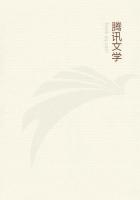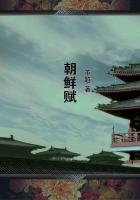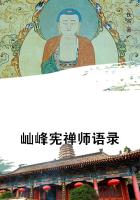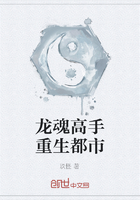I do not know when the books happened in my hands. I have no remembrance that they were in any wise offered or commended to me, and in a sort of way they were as authentically mine as if I had made them. I saw them at home, not many months ago, in my father's library (it has long outgrown the old bookcase, which has gone I know not where), and upon the whole I rather shrank from taking them down, much more from opening them, though I could not say why, unless it was from the fear of perhaps finding the ghost of my boyish self within, pressed flat like a withered leaf, somewhere between the familiar pages.
When I learned Spanish it was with the purpose, never yet fulfilled, of writing the life of Cervantes, although I have since had some forty-odd years to do it in. I taught myself the language, or began to do so, when I knew nothing of the English grammar but the prosody at the end of the book. My father had the contempt of familiarity with it, having himself written a very brief sketch of our accidence, and he seems to have let me plunge into the sea of Spanish verbs and adverbs, nouns and pronouns, and all the rest, when as yet I could not confidently call them by name, with the serene belief that if I did not swim I would still somehow get ashore without sinking. The end, perhaps, justified him, and I suppose I did not do all that work without getting some strength from it; but I wish I had back the time that it cost me; I should like to waste it in some other way. However, time seemed interminable then, and I thought there would be enough of it for me in which to read all Spanish literature; or, at least, I did not propose to do anything less.
I followed Irving, too, in my later reading, but at haphazard, and with other authors at the same time. I did my poor best to be amused by his 'Knickerbocker History of New York', because my father liked it so much, but secretly I found it heavy; and a few years ago when I went carefully through it again. I could not laugh. Even as a boy I found some other things of his uphill work. There was the beautiful manner, but the thought seemed thin; and I do not remember having been much amused by 'Bracebridge Hall', though I read it devoutly, and with a full sense that it would be very 'comme il faut' to like it. But I did like the 'Life of Goldsmith'; I liked it a great deal better than the more authoritative 'Life by Forster', and I think there is a deeper and sweeter sense of Goldsmith in it. Better than all, except the 'Conquest of Granada', I liked the 'Legend of Sleepy Hollow' and the story of Rip Van Winkle, with their humorous and affectionate caricatures of life that was once of our own soil and air; and the 'Tales of the Alhambra', which transported me again, to the scenes of my youth beside the Xenil. It was long after my acquaintance with his work that I came to a due sense of Irving as an artist, and perhaps I have come to feel a full sense of it only now, when I perceive that he worked willingly only when he worked inventively.
At last I can do justice to the exquisite conception of his 'Conquest of Granada', a study of history which, in unique measure, conveys not only the pathos, but the humor of one of the most splendid and impressive situations in the experience of the race. Very possibly something of the severer truth might have been sacrificed to the effect of the pleasing and touching tale, but I do not under stand that this was really done.
Upon the whole I am very well content with my first three loves in literature, and if I were to choose for any other boy I do not see how I could choose better than Goldsmith and Cervantes and Irving, kindred spirits, and each not a master only, but a sweet and gentle friend, whose kindness could not fail to profit him.

